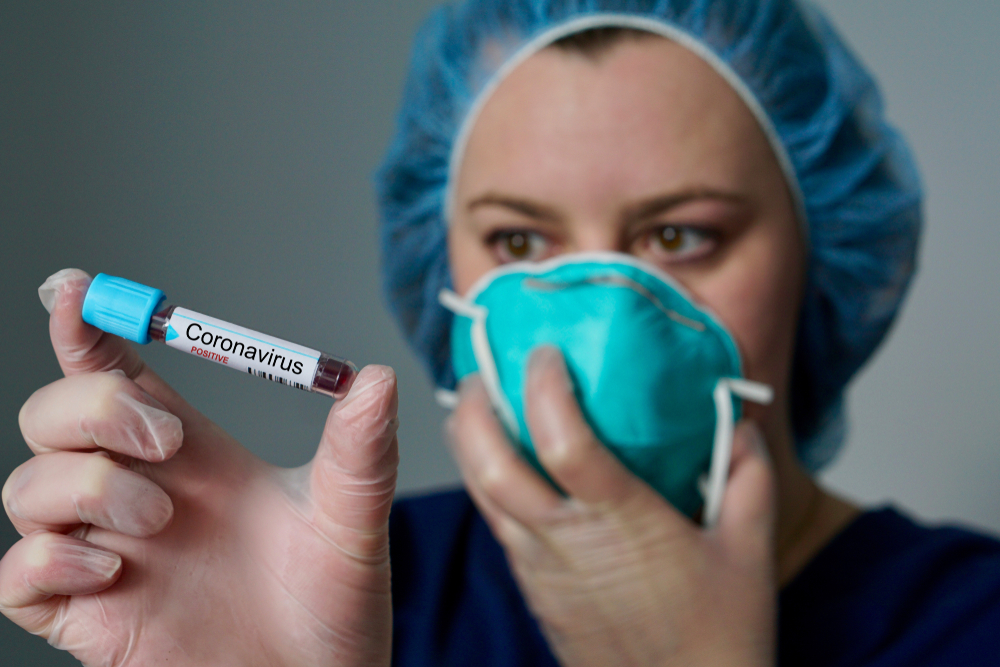
At Procurant, with our focus on food safety and the recent news reports about the Coronavirus, I wanted to provide some of the facts and link to the experts that know what is happening.
Per CNN today, 108 people in mainland China died on Monday, the biggest single-day death toll yet. 2,478 new cases were identified in mainland China, bringing the number there to 42,708. As of Tuesday, 43,101 people have been infected worldwide.
Back in the United States, there have been 13 confirmed cases, with 11 that can trace their source back to the Wuhan region in China.
Here is what the Centers for Disease Control’s (CDC) has to say about the Coronavirus:
2019 Novel Coronavirus (2019-nCoV) is a virus (more specifically, a coronavirus) identified as the cause of an outbreak of respiratory illness first detected in Wuhan, China. Early on, many of the patients in the outbreak in Wuhan, China reportedly had some link to a large seafood and animal market, suggesting animal-to-person spread. However, a growing number of patients reportedly have not had exposure to animal markets, indicating person-to-person spread is occurring. At this time, it’s unclear how easily or sustainably this virus is spreading between people. The latest situation summary updates are available on CDC’s web page 2019 Novel Coronavirus, Wuhan, China.
The CDC also notes that the potential public health threat posed by this virus is high, both globally and to the United States.
At this time, some people will have an increased risk of infection, for example healthcare workers caring for 2019-nCoV patients and other close contacts of 2019-nCoV patients. For the general American public, who are unlikely to be exposed to this virus, the immediate health risk from 2019-nCoV is considered low at this time.
So far, the news is troubling to people everywhere, even if the health risk is considered low in the United States. But even so, should we be doing something proactively to prevent the spread of the disease and protect ourselves?
Unlike seasonal flu, for which there is a vaccine to protect against infection, there is no vaccine for 2019-nCoV. But researchers at the U.S. National Institutes of Health are in the early stages of developing one. Officials plan to launch a phase 1 clinical trial of a potential vaccine for 2019-nCoV within the next three months.
In general, the CDC recommends the following to prevent the spread of respiratory viruses, which include both coronaviruses and flu viruses:
However, if you travel outside the United States -- to China, or to any country considered a high risk zone -- keep your eyes on current travel advisories. A good place to bookmark is the complete list of travel advisories published by the United States Department of State, Bureau of Consular Affairs
Stick to the facts of this case, and, as always, wash your hands, wash your food, stay alert. There will undoubtably be more news to come.
Lorem ipsum dolor sit amet, consectetur adipiscing elit

These Stories on Food Biz Buzz
Procurant USA LLC
475 Alberto Way - Suite 230
Los Gatos, CA 95032
1-669-221-1026
info@procurant.com
